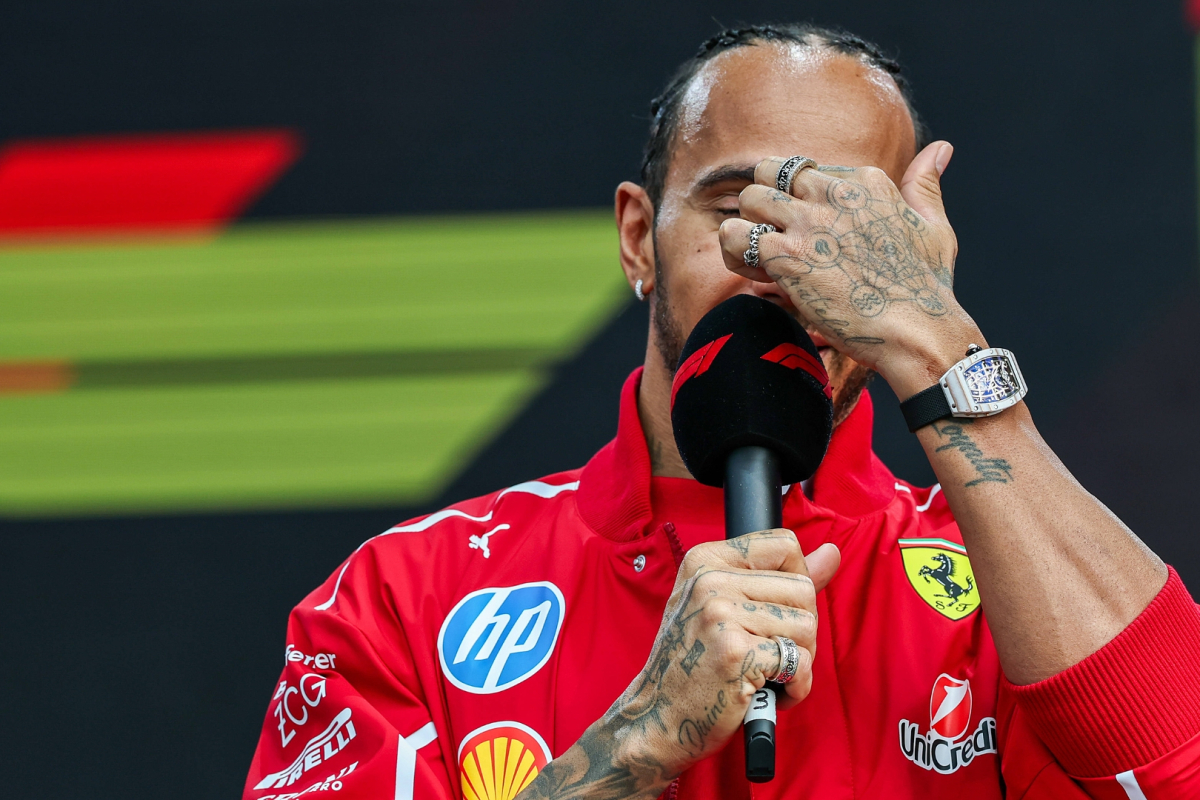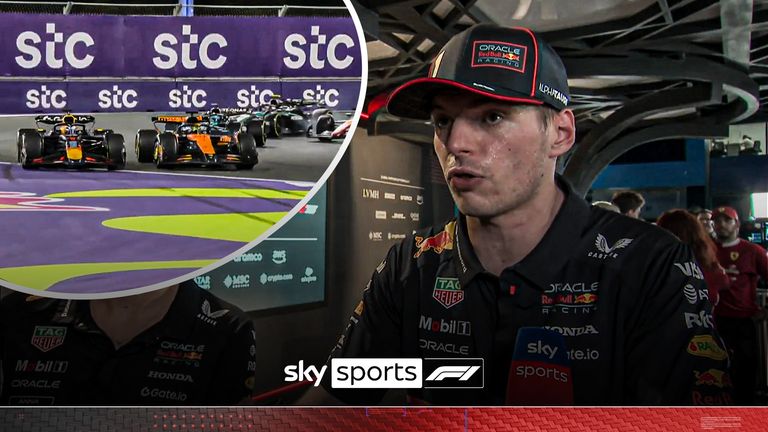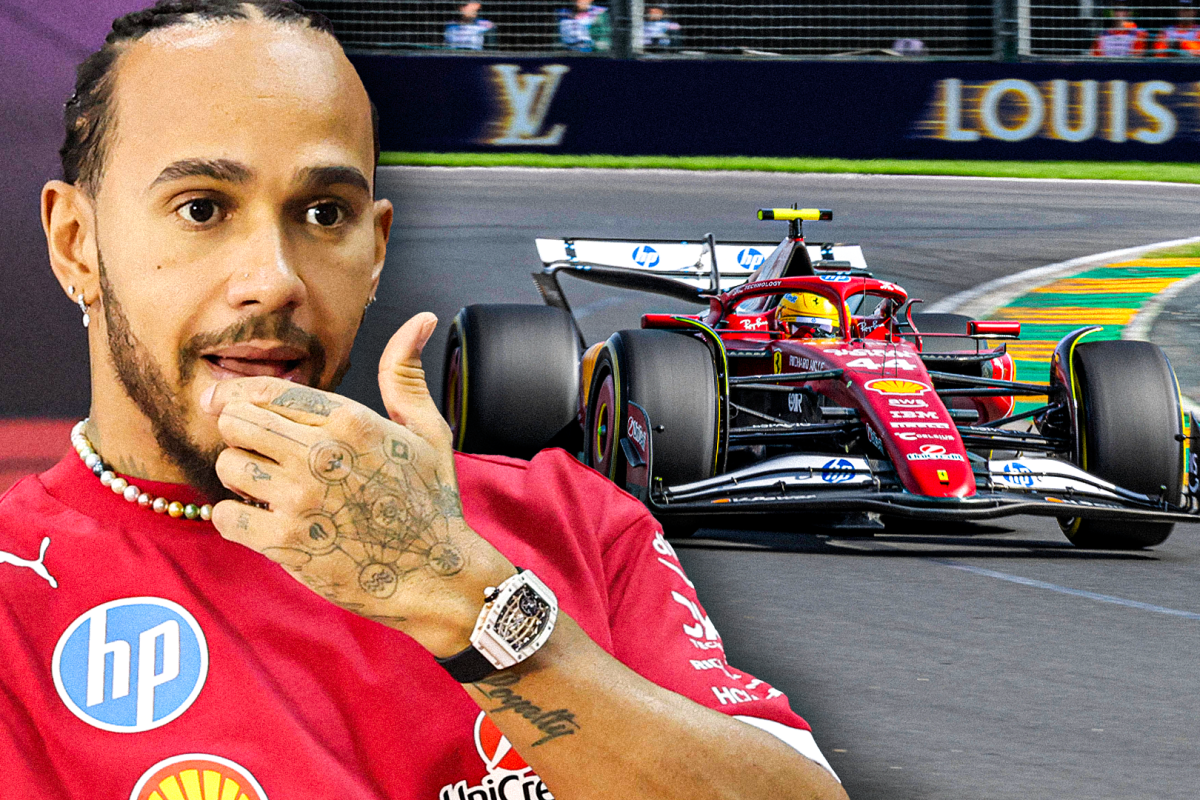Breaking: FIA Threatens Verstappen with Harsher Penalties After…..read more
The 2025 Formula 1 season has already been mired in controversy following a contentious incident at the Saudi Arabian Grand Prix. The uproar centers around a five-second time penalty given to Max Verstappen, which ultimately cost him the race win. During the opening lap, Verstappen, while defending against McLaren’s Oscar Piastri, ran wide at Turn 1 but managed to retain the lead. The race stewards ruled that he had gained an unfair advantage by leaving the track and penalized him accordingly. As a result, Piastri secured victory, finishing 2.8 seconds ahead.
Red Bull Racing strongly opposed the decision. Team principal Christian Horner challenged the penalty, presenting images that he claimed proved Verstappen was already ahead of Piastri before Turn 1 and did not gain a meaningful advantage by running off. Horner labeled the penalty as excessively harsh and cited it as yet another example of inconsistent rule enforcement in the sport. This incident has heightened concerns among teams and drivers about the FIA’s rigid interpretation of race regulations.
Adding further intrigue, Verstappen, known for his directness, opted not to speak extensively about the decision. He simply stated, “It’s better not to talk,” a response seen by many as a nod to the FIA’s new rules that discourage public criticism. Under recently revised sporting regulations, the FIA—led by President Mohammed Ben Sulayem—has introduced tougher measures against behavior considered disrespectful, including penalties for outspoken remarks or critical language directed at the organization. These changes have raised alarms throughout the paddock, with many believing they are stifling free speech and open debate within the sport.
The Grand Prix Drivers’ Association (GPDA) has responded firmly, voicing strong opposition to the FIA’s methods. The GPDA has criticized the ambiguous nature of the penalties and the lack of transparency surrounding how fine money is managed. The drivers’ union has demanded more accountability and improved communication between the governing body and competitors.
Amid the external criticism, the FIA is also facing internal instability. The recent resignation of its deputy president, who cited governance failures, has intensified concerns about the organization’s direction. This internal discord has further undermined confidence in FIA leadership at a time when tensions are already high.
As the 2025 season progresses, the fallout from Verstappen’s penalty has ignited broader debates about fairness, governance, and freedom of expression in Formula 1. With increasing frustration among drivers and teams, and the GPDA actively challenging the FIA’s authority, the relationship between the sport’s governing body and its participants is becoming increasingly strained.




